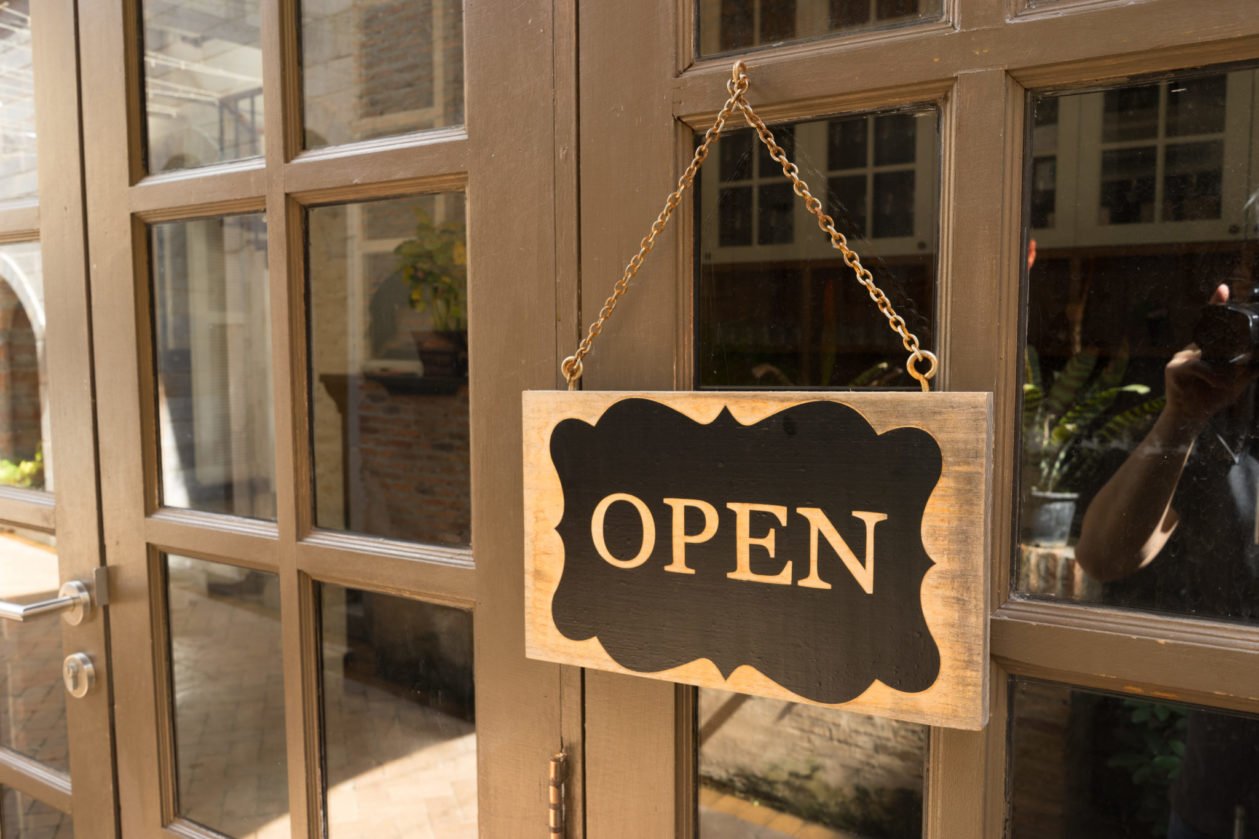With a record rise in U.S. unemployment levels—according to data released by the Labor Department on Thursday, the number of unemployment applications jumped to nearly 3.3 million from 282,000 in a week—it’s no secret that small businesses are struggling as the coronavirus crisis continues to disrupt daily life. A March 20 survey from the National Federation of Independent Businesses (NFIB) found that 76 percent of small business owners have been negatively impacted by the coronavirus pandemic, with 77 percent of those not yet affected expecting that to change as the outbreak spreads.
On Thursday, Worth sought to learn how small businesses can not just survive but also thrive during the difficulty of the coronavirus outbreak by holding its first digital roundtable, “Perspectives From the Front Line,” hosted by Juliet Scott-Croxford, Worth’s CEO and Kathleen Entwistle, UBS’ senior vice president, joined by guest speaker Rebecca Minkoff, founder of Rebecca Minkoff and the Female Founder Collective.

“We are keeping it real,” Scott-Croxford explained, kicking off the intimate conversation. “We’ll try to be positive, but I think the reality is that we’re sort of managing day-to-day, a lot of us are, right now.”
This drastic shift into the unknown has left businesses across all industries in uncharted waters. Prior to the pandemic, Minkoff said that 60 percent of her business had been wholesale, but with partners, such as Neiman Marcus, Nordstrom, Saks and Bloomingdale’s, closing their doors and refusing to honor purchase orders, her company has had to make drastic changes, from laying off its wholesale team to taking 20 percent pay cuts across the board.
But one of the biggest adjustments she’s made is putting her brand and website first.
“Overnight, we had to pivot as a company,” Minkoff said. “We’re an e-commerce company, direct-to-consumer, online-only, right now…so, I think we’re trying to figure it out. We’re becoming experts at digital marketing and how can we engage that consumer on every level.”
“I think, for us, it’s become frighteningly clear that we have to put our own website and our own stores first,” she added, “because seeing how these partners have treated these brands is horrific—by just not accepting their goods and just saying sorry.”

And Entwistle agrees that pivoting is essential for businesses during this crisis. “I think that’s really the goal, right now, for all small businesses to figure out how to pivot and take advantage of any programs out there that they might need help with.”
However, while a pivot is important, it’s equally crucial that companies are making moves that will maintain their business, as well as protect their cash flow.
“Cash flow is queen,” Entwistle explained. “Cash flow is what we really need to pay attention to, and you need to protect your cash flow right now as best as possible…Right now, I would say, just take care of your interest payments, your debt service and to look for ways to leverage liquidity. If you have a line of credit available to you, use it.” For businesses without a line of credit to fall back on, “figure out a way to preserve cash right now and take advantage of some of these government opportunities.”
While the situation is unprecedented, Entwistle believes that small businesses can get through it by “really focusing, really putting our heads down and working, during the hours we need to work.” Essentially, the crisis is spurring founders and companies to create new ways of doing business, something that Minkoff is already actively working to achieve.
Minkoff’s Female Founder Collective is four days away from launching a directory in partnership with Ladies Get Paid, the designer said, describing it as a “one-stop shop for female-founded companies.”
“You know the mom-and-pop shops are getting hurt the most right now, and since you can’t buy anything on Amazon anymore, why don’t you go to this directory first, if you’re not consuming products outside of household items. Here’s a great directory of women you can support, and if you have the extra money to spend outside of household items, then you can look at the list even further. So, that’s going to be launching soon.”
The $2 trillion relief package passed by the House on Friday will also offer some relief, but businesses are going to have to innovate on their own as well to survive.
“I think the goal is: Stay alive,” Minkoff explained. “Do what you have to do to stay in business, because if we’re around after this—not if—when we’re around after this, we can hire the team back, we can go back to our daily business.”







